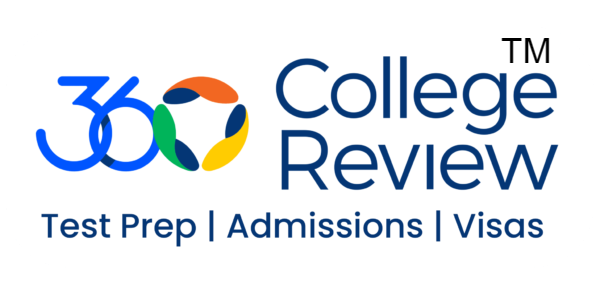
Students who pursue commerce as their major choose to study B.Com after completing their 12th grade before working in accounting or banking. As there is limited guidance and resources that results in restricted availability of choices and opportunities sets. A modern dynamic work environment provides numerous educational directions that lead students toward rewarding professional career opportunities. A successful career path requires students to select educational programs that match their professional targets with proper research.
The Indian economy which expects to extremely transform that will demand professionals throughout various business sectors. The modernized business environment develops innovative opportunities in new upcoming market segments. The fundamental business principles and basic economic concepts and financial knowledge can be gained through commerce education. But as there is not much awareness is created among students at high school level which results in non-researched selection of common degree for graduation irrespective to career goals. Firstly, let’s understand what you are offered to choose as per your interested field of study for an under graduation.
The common graduation programs for commerce students include B.Com alongside BBA (Bachelor of Business Administration), BAF (Bachelor of Accounting and Finance) and BMS (Bachelor of Management Studies). The curriculum of these programs teaches essential knowledge in accounting, economics, business law, management and finance which prepare students for various industrial occupations.
Students can choose professional certificate programs after 12th as well as after graduation. The Chartered Accountancy (CA) and Company Secretary (CS) and Cost and Management Accountancy (CMA/CWA) and Chartered Financial Analyst (CFA) credentials hold strong professional value in the marketplace. To understand the nature of these exams and process to be a certified professional, need to check the official websites of respective certificate programs. Students will get to know the syllabus, qualification requirements, stages in test, total time consumption and completion outcomes.
Students who wants to learn more about principles in details aims to pursue MBA or M.Com and MMS degrees along with specialized Finance or Marketing or Human Resources MBAs gain access to executive-level positions as well as specialized careers and better compensation. As technology is crucial in present day routine jobs and commercial activities are highly based on the evolving innovations. Let’s take notes on the advanced career opportunities:
- The combination of finance and technology known as Financial Technology (FinTech) generates a demand for commerce graduates who understand digital systems.
- Graduates who take courses in financial analytics together with block chain and digital banking gain standing positions for this digital transformation.
- Treasured courses related to sustainability, ESG reporting and green finance are becoming more important as environmental responsibility becomes a leading priority.
- Students who major in commerce and develop analytics competence alongside financial education can become successful financial analysts and both business intelligence specialists and risk management professionals.
But having all the theoretical knowledge and certifications are not sufficient to create an exceptional career. Practical skill training is also important for students. Now question arises, how do they gain experience during studies. Students are advised to actively participate in projects and group assignments at university level. Look for internships together with live projects and business competitions. Part-time work shows direct application of theoretical knowledge in real business situations. Students should start discovering their career goals in advance by conducting internships. Future employers are sought to employee an individual who posses multiple competencies such as digital skills similar to communication expertise and project management capabilities and critical thinking and problem-solving skills. So students need to understand their desired career and the path demands to achieve the professional goal. Professionals increase their networking potential through participation in professional organizations and industry events and contact with former classmates and business forums that deliver valuable career insights about industry changes and available positions together with career advancement methods. Those who study commerce can create fulfilling careers by developing their combination of management skills and quantitative abilities alongside specialized information. Individuals aiming for success must develop their skills in mathematics and analysis coupled with effective communication and skilled computer competencies centered on Excel and accounting software applications and demonstrated dedication to ongoing learning.
Student education in commerce equips learners to pursue successful careers in both classic financial sectors like analysis and banking and HR as well as contemporary fields which include digital marketing and e-commerce management and business analytics. The salary spectrum for commerce professionals spans from ₹4L at entry-level to ₹25L for management consulting roles. People should select their career by matching their abilities with available job options under the guidance of professional career counselors.
– The Author is Mr. Ajay Thiara , Founder & Managing Director of 360 College Review

